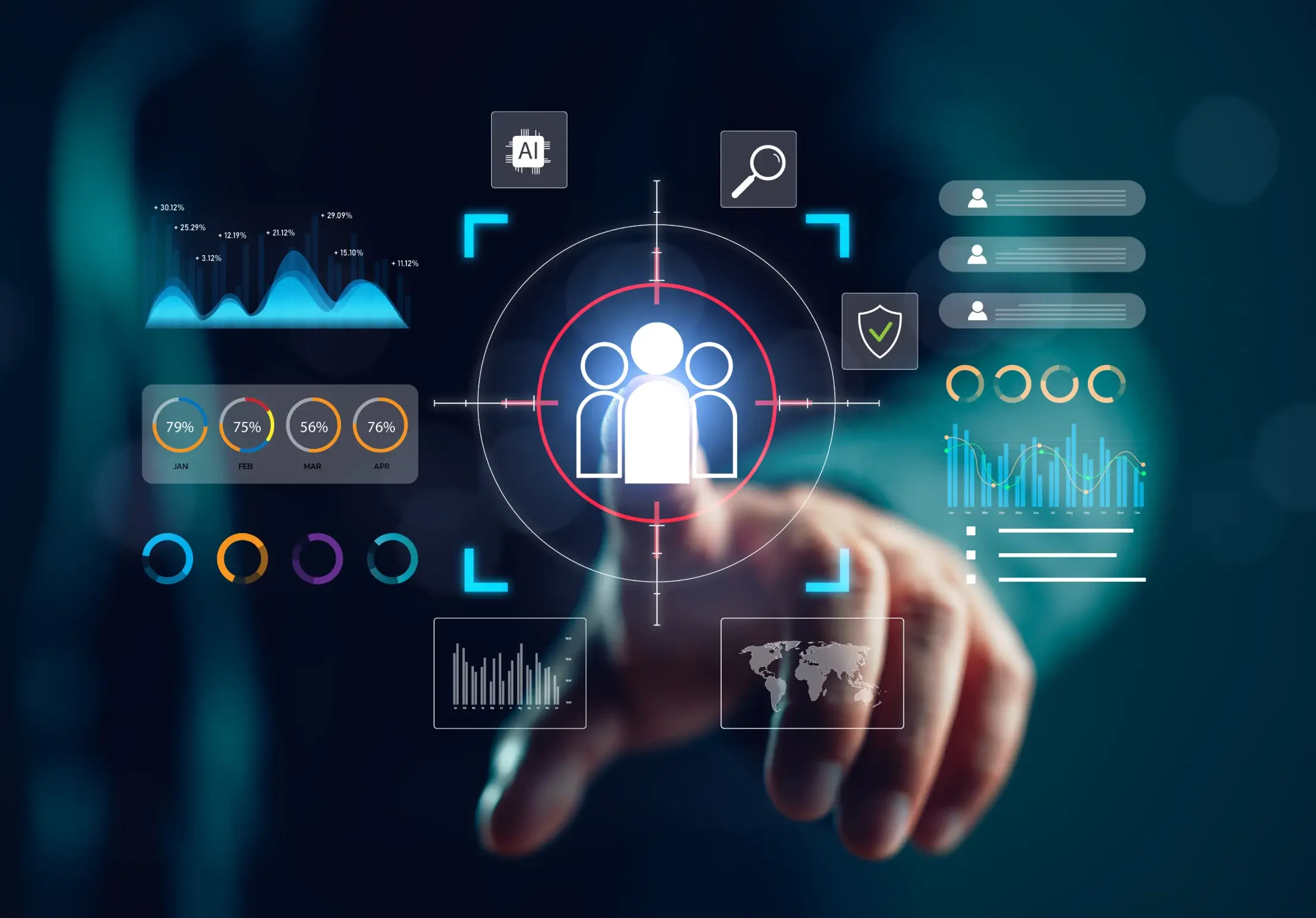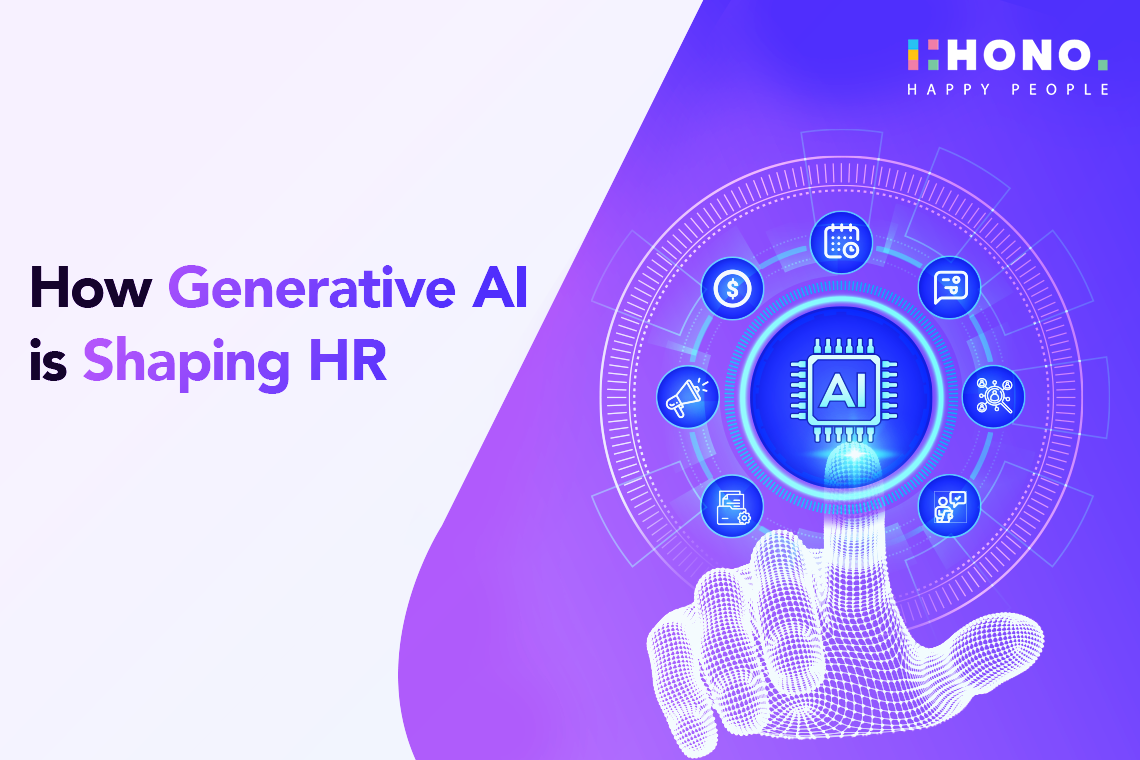The recruitment sector has undergone significant transformations over the past decades, evolving from manual resume screening to sophisticated digital platforms that connect employers with potential candidates globally. This shift is largely attributed to technological advancements, which have redefined the way companies interact with job seekers. Among these innovations, chatbots and generative AI stand out as pivotal elements in modernizing candidate engagement, offering personalized and efficient communication at scale.
Automating Candidate Engagement: Chatbots and Generative AI in Recruitment
5 mins

The Evolution of Recruitment Processes
Recruitment practices have come a long way from the days of newspaper ads and walk-in interviews. The digital transformation began with online job boards and has since moved to leverage sophisticated algorithms and data analytics, making the recruitment process more targeted and efficient. In recent years, a significant shift towards automation and AI-driven processes has been observed. This transition is not just about keeping up with technology trends; it's about enhancing the ability to connect with and evaluate candidates more effectively.
Also Read: Transforming HR Processes: How to Enable Chatbot for Employee Engagement
Understanding Chatbots and Generative AI
Chatbots are AI-powered programs designed to simulate human-like conversations with users, providing immediate responses to inquiries and guiding candidates through the application process. In recruitment, chatbots are invaluable for pre-screening candidates, answering FAQs about job roles, and scheduling interviews. This level of automating candidate communication allows recruiters to focus on more strategic tasks, while candidates receive instant, round-the-clock engagement. Beyond recruitment, chatbots play a crucial role in maintaining communication with current employees, aiding in tasks such as gathering feedback, providing company updates, and automating routine HR inquiries. This continuous engagement helps in building a positive workplace environment and retaining talent.
Further, generative AI goes a step further by not just answering queries but generating new content and responses based on the data it has learned from. It can write job descriptions, craft personalized messages to candidates, and even predict the suitability of a candidate for a role based on their interaction. This level of sophistication in technology for candidate interaction ensures a more dynamic and engaging experience for job seekers.
Additionally, the synergy between chatbots and generative AI in AI-driven candidate engagement marks a new era in recruitment. Together, they automate and enhance communication with candidates, making the process more efficient and interactive. This combination ensures that the recruitment process is not only faster but also more personable, as each candidate receives attention tailored to their profile and queries.

Related: HR Efficiency with Conversational AI Chatbot in Cloud HCM
Benefits of Automating Candidate Engagement
Improved Efficiency: Automating candidate communication through chatbots streamlines the recruitment process. By efficiently handling routine inquiries and administrative tasks, these tools free up time for human recruiters to focus on more strategic activities, significantly speeding up hiring timelines.
Enhanced Candidate Experience: Chatbots in recruitment ensure personalized and always-available communication, elevating the overall candidate experience. This immediate and engaging interaction meets the modern job seeker's expectations, increasing their satisfaction and interest in the company.
Scalability: The technology for candidate interaction scales effortlessly, allowing simultaneous engagement with numerous candidates without sacrificing interaction quality. This capability ensures all candidates feel attended to, enhancing the company's image and efficiency during peak hiring periods.
Data-Driven Insights: AI-driven candidate engagement leverages interaction data to refine recruitment strategies and improve candidate matching. These insights lead to smarter hiring decisions and a more effective recruitment process over time.
Implementing Chatbots and Generative AI in Your Recruitment Process
Integrating these technologies into your recruitment workflows enhances efficiency and candidate engagement. Start by identifying the specific needs of your recruitment process and researching technology for candidate interaction that can meet these requirements. Key considerations should include the customizability of the chatbot or AI tool, its ability to integrate seamlessly with your current systems, and its ease of use for both recruiters and candidates. Training your recruitment team is crucial; ensure they understand how to manage and interact with the AI tools effectively, focusing on complementing human skills with AI efficiency.
Ethical Considerations and Best Practices
When deploying chatbots in recruitment and generative AI, it’s vital to address ethical concerns head-on. This includes scrutinizing AI algorithms for potential biases to ensure fair and unbiased candidate engagement. Protecting candidate data privacy and security is non-negotiable, requiring strict adherence to data protection laws and ethical guidelines. Maintaining human oversight in AI-driven candidate engagement processes is also essential, ensuring that decisions are made with empathy and understanding that AI currently cannot replicate.
Future Trends in AI and Recruitment
Over the years, AI in recruitment has been ever-evolving, with new technologies continually emerging to refine and enhance the recruitment process. Future trends may include more sophisticated AI algorithms capable of understanding and interpreting human emotions and nuances in communication, leading to even more personalized automating candidate communication experiences. The integration of virtual reality (VR) and augmented reality (AR) for immersive job previews and interviews is another exciting prospect.
Also Read: The Role of Generative AI in Recruitment
Automating candidate engagement with chatbots in recruitment and generative AI offers numerous benefits, from improved efficiency to enhanced candidate experience and deeper insights into the recruitment process. As the recruitment sector continues to evolve, embracing these technologies will be crucial for staying competitive and attracting top talent. By thoughtfully implementing HONO's tools and adhering to ethical best practices, companies can ensure they leverage AI's full potential while maintaining the human touch that is essential in recruitment.
.png?width=70&height=70&name=Team%20HONO%20logo-01%20(1).png)
Team HONO








.jpg)
